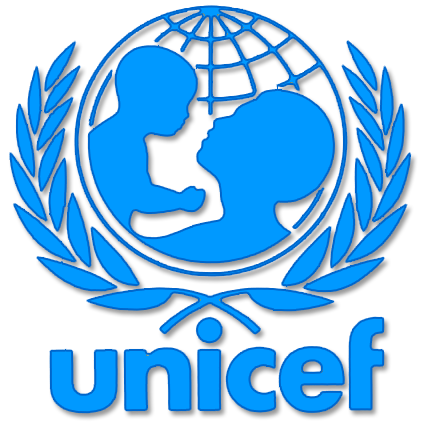 The United Nations International Children’s Emergency Fund (UNICEF) with the Ghana Health Service, and the Theatre for Social Change, has taught children in the Odododiodoo Constituency to effectively wash their hands to stay healthy.
The United Nations International Children’s Emergency Fund (UNICEF) with the Ghana Health Service, and the Theatre for Social Change, has taught children in the Odododiodoo Constituency to effectively wash their hands to stay healthy.
This was done through storytelling, drama, dancing, playing and hand washing competition.
The Theatre for Social Change, who aided the children in the competition, indicated that in washing your hands you need to first wet your hands with water, rub some soap on your hands, wash your finger and thumbs, move back and in between your fingers, and finally rinse.
According to UNICEF, washing hands with soap after using the toilet, or cleaning a child, and before handling food, could reduce rates of diarrhoeal disease, including some of its more severe manifestations, such as cholera and dysentery, by 48 per cent to 59 per cent and the rates of respiratory infection by about one-quarter.
However, the world body notes that despite its lifesaving potential, handwashing with soap is seldom practiced, saying around the world, the observed rates of handwashing with soap at critical moments range from zero per cent to 34 per cent.
UNICEF says research shows that a $3.35 investment in handwashing brings the same health benefits as an $11.00 investment in latrine construction, a $200.00 investment in household water supply; and an investment of thousands of dollars in immunisation.
Speaking to the Ghana News Agency in an interview, Susan Ngonyi, the UNICEF Representative in Ghana, said though hand washing had been known as a Ghanaian custom for a long time it was usually not done well enough.
She explained that there was soap in virtually every household but usually it was used for washing other things other than the hands.
“Hand washing is an investment into the future to prevent sicknesses, which would reduce the load it causes when someone is ill, beside, it is a cheaper disease preventive measure,” she noted.
Madam Ngonyi said hand washing with soap must be acquired as a habit, consequently, they had targeted children so that they could grow up with it.
She said simultaneous programmes were being held to educate more children to acquire the life-saving habit.
John Alartey, the Project Coordinator for Theatre for Social Change, said in 2014-2015 many cholera cases were recorded across the country due to the low practice of hand washing.
“Most Ghanaians have cultivated the habit of not washing their hands after visiting the washroom, shaking hands, playing and handling objects, in spite of the continuous awareness creation programme,” he said.
Source: GNA























